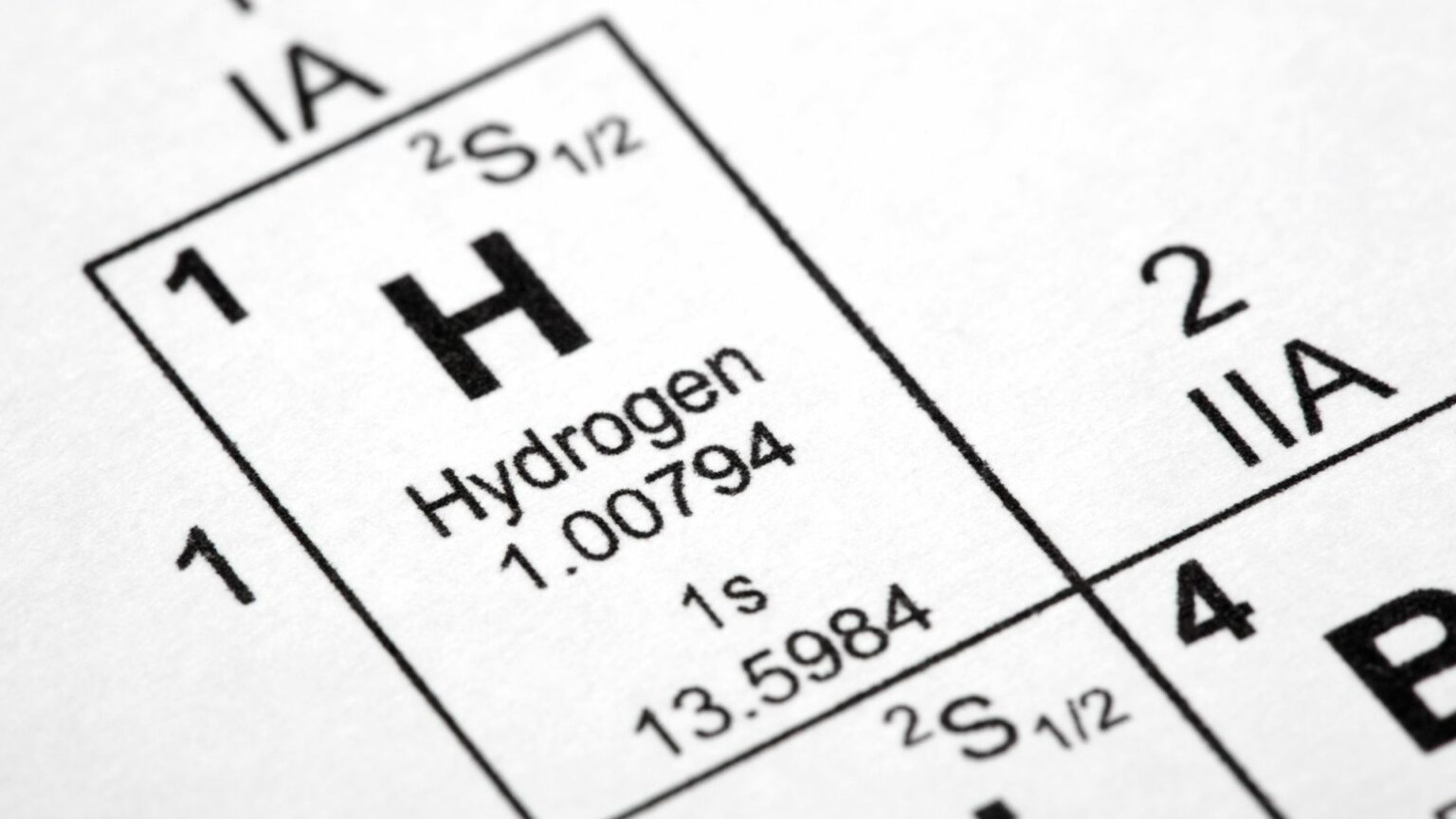French hydrogen specialist HDF Energy is gearing up for a significant milestone in its quest to revolutionize green hydrogen production. The company expects to commission a factory for multi-megawatt fuel cell mass production in Bordeaux, France, in the summer of 2024.
This ambitious endeavor has the potential to reshape the landscape of renewable energy and drive the adoption of hydrogen as a clean energy source. But what sets HDF Energy apart, and how do they plan to achieve this feat?
Damien Havard, the CEO of HDF Energy, shared insights into the project. He explained that construction of the factory is set to conclude in January, with an additional five months needed to install the industrial infrastructure. However, the project is awaiting support from European authorities.
The factory has been pre-listed as an Important Project of Common European Interest (IPCEI), a designation that could unlock essential subsidies. “The European Commission is closing the third wave of IPCEIs. HDF Energy is part of the fourth wave. We hope to reach the final agreement with European authorities in the beginning of 2024,” said Havard. These funds will be instrumental in deploying fuel cells for the train and marine markets.
HDF Energy’s strategy extends beyond the production of hydrogen. The company aims to provide power-to-power and hydrogen-to-power solutions on a global scale, delivering renewable electricity to grid operators.
Havard emphasized that they would be their first clients. The company is currently engaged in projects across 30 countries, with the initial project located in French Guyana. It involves a turnkey hydrogen power plant designed to provide green, stable baseload electricity. The integration of a solar park and green hydrogen storage makes it a groundbreaking initiative.
Havard revealed more about this project, saying, “We are currently constructing the project to deliver 10 MW a day and 3 MW a night. We reached financial closing 18 months ago.”
The global reach of HDF Energy extends to projects in Indonesia and Barbados, with ambitious plans for hydrogen and electricity production facilities. In Indonesia, the company aims to develop 22 projects with a total value exceeding 2 billion euros. This substantial commitment is an official partnership with the local grid operator, marking a significant milestone in the industry.
Havard also highlighted the ongoing power-to-power project in Namibia, geared toward producing green electricity for local consumption.
He pointed out the company’s focus on power-to-power solutions in South America, Africa, and Asia, noting that such projects do not rely on subsidies. For Europe, the emphasis is on offtake hydrogen supplied by other producers and transforming it into electricity using their multi-megawatt fuel cell systems. The first hydrogen-to-power projects in Europe are slated for 2028-2030.
Havard’s remarks included insight into HDF Energy’s reliance on proton exchange membrane electrolysis (PEM) technologies. He stated that although the use of critical materials is a concern, it is not perceived as a significant risk.
With this multi-pronged approach and a strong focus on green hydrogen production, HDF Energy is poised to play a pivotal role in driving the transition to clean and sustainable energy sources. Their ambitious factory in Bordeaux signifies a significant step toward a greener future.
